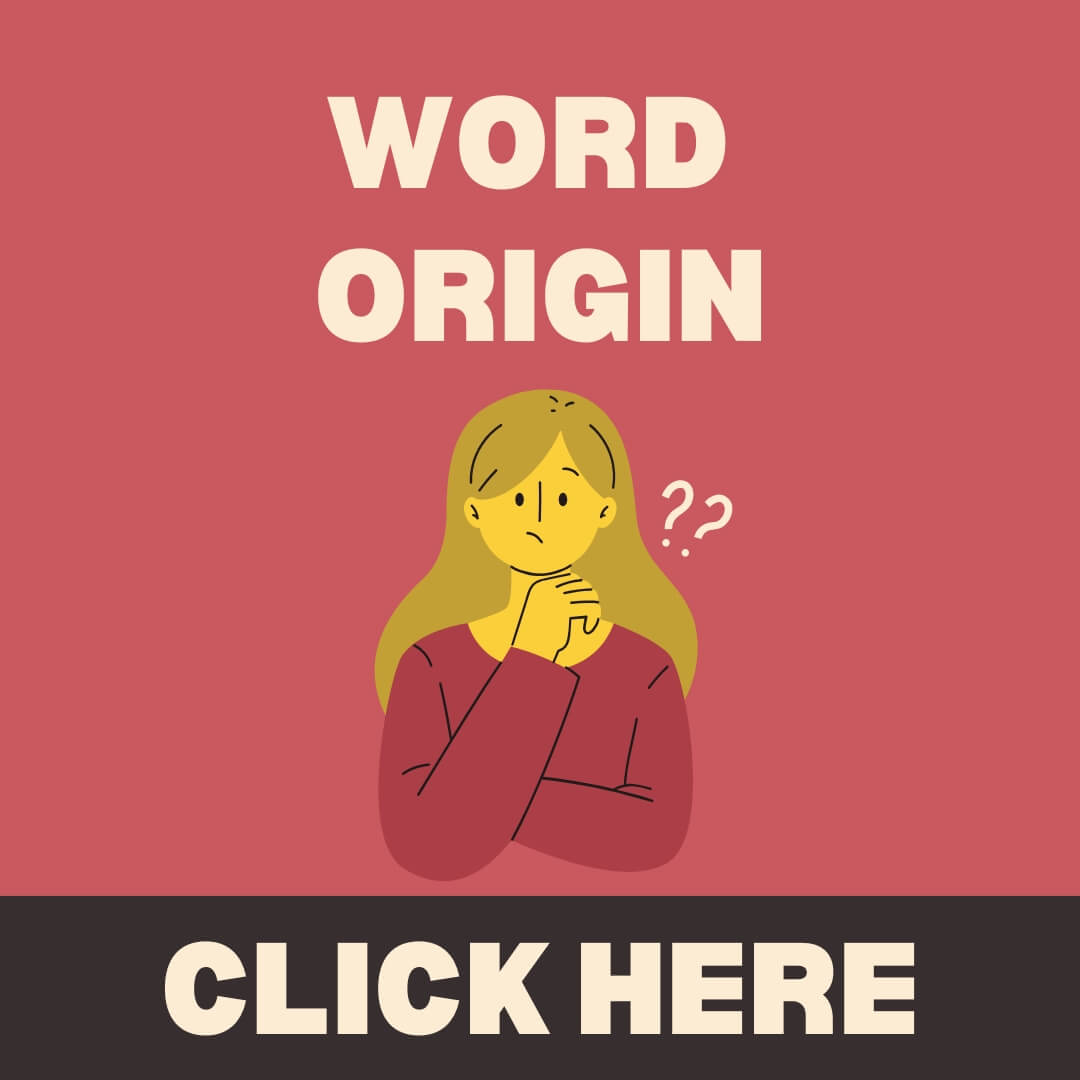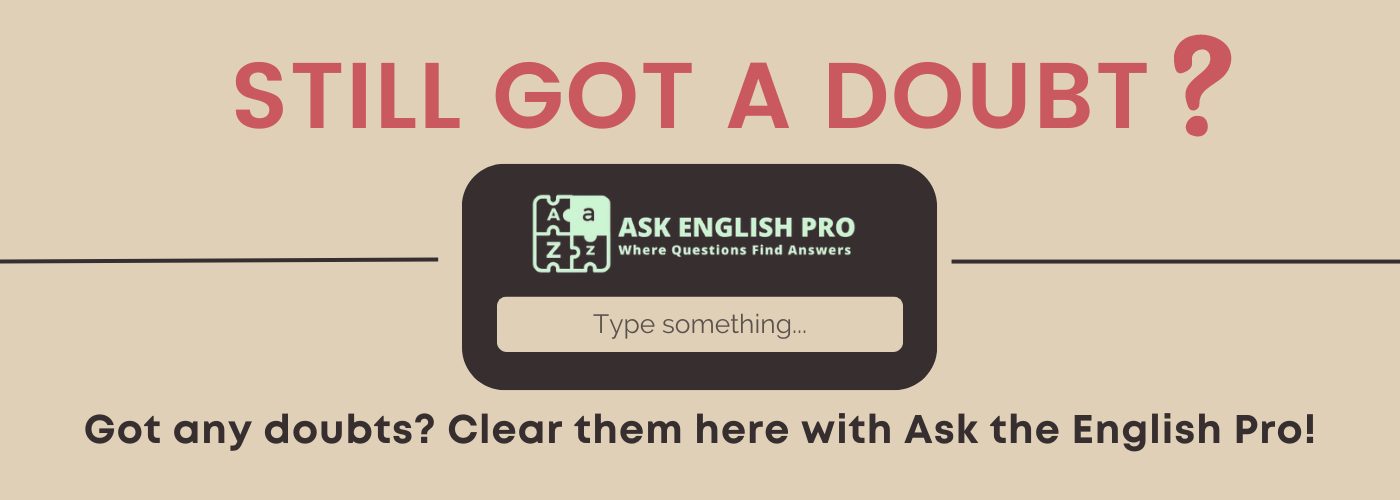Detailed Article for the Word “Libel”
What is Libel: Introduction
Imagine a reputation tarnished by falsehoods published in print or online. “Libel” is the legal term for damaging someone’s reputation through false and harmful statements made in a permanent form. In our era of rapid information sharing, where social media and news stories can reach millions instantly, understanding libel is crucial for both authors and readers. The concept is not just a relic of the print era but remains profoundly relevant today, balancing the right to free speech with the protection of individual dignity and reputation.
Origin and History of the Word Libel
The word “libel” traces its roots to the Latin “libellus,” meaning “little book” or “written document.” Emerging in English in the 14th century, it initially referred simply to a formal written document. Over time, however, the term evolved to signify defamatory writing, particularly in the context of English common law. By the 17th century, “libel” had taken on its current legal meaning, encompassing false, written statements that damage someone’s character or reputation. Libel has since become a cornerstone in the development of media law, balancing freedoms of expression with protection against defamation.
Meaning and Definition of Libel
Libel (noun):
- A written or published false statement that is damaging to a person’s reputation; a form of defamation.
- In law, the act of publishing or broadcasting false information that defames an individual.
Usage note: Libel specifically refers to defamatory content in a lasting form, like writing or media. Its counterpart for spoken defamation is called “slander.”
How to Pronounce Libel
LYE-bul
How to Remember Libel: Memory Tips
Think of the phrase “Lie in a Book”—both “lie” (a falsehood) and “book” relate to libel, as it involves written lies that harm reputations. Another way to remember is to link it with “liable”; those who commit libel are legally liable for their statements. Visualize an exaggerated tabloid headline unfairly targeting someone, and you’ll have a mental association with libel.
Libel in a Sentence: Examples and Usage
- Legal: The actress filed a lawsuit claiming the article was libelous and had damaged her career.
- Media: To avoid libel, journalists must ensure that their reports are based on verified facts.
- Social Media: Posting false, defamatory statements about someone on social media could be considered libel if it harms their reputation.
- Historical: In 1735, the Zenger trial in the American colonies established that truth is a defense against libel charges.
- Business: The company sought legal action after a competitor spread libelous rumors online.
- Everyday: Accusing someone in writing of a crime they didn’t commit could amount to libel.
Difficulty Level of Using Libel
Advanced:
- Mostly used in legal, media, and professional settings
- Requires understanding of defamation and legal context
- Misuse often involves confusion between libel and slander
Modern Usage of Libel in Contemporary Context
Libel remains highly relevant in today’s world of digital media and instant information sharing. Social media platforms, blogs, and news sites can disseminate libelous content more broadly and rapidly than ever before. High-profile cases of libel often involve disputes over celebrity rumors, political opinions, and business reputations:
Social Media:
- Libel cases involving Twitter and Facebook highlight the challenge of controlling false statements in user-generated content.
- Platforms now employ algorithms to flag potential libelous content but still face challenges in real-time screening.
Public Figures and Celebrities:
- Libel suits by public figures illustrate the balance between freedom of expression and reputation protection.
- High-profile cases, such as celebrity disputes, have influenced public perception of media accountability.
Corporate and Professional Use:
- Businesses face increased exposure to libel through online reviews and forums.
- Legal teams often monitor the media for libel to safeguard corporate reputation and public image.
With the rise of digital and social media, libel laws are continually evolving to address the complexities of modern information sharing. As both individuals and companies rely more on reputation management in a connected world, the importance of understanding libel and its implications continues to grow. Modern libel cases often set precedents impacting free speech, privacy, and media responsibility.



















